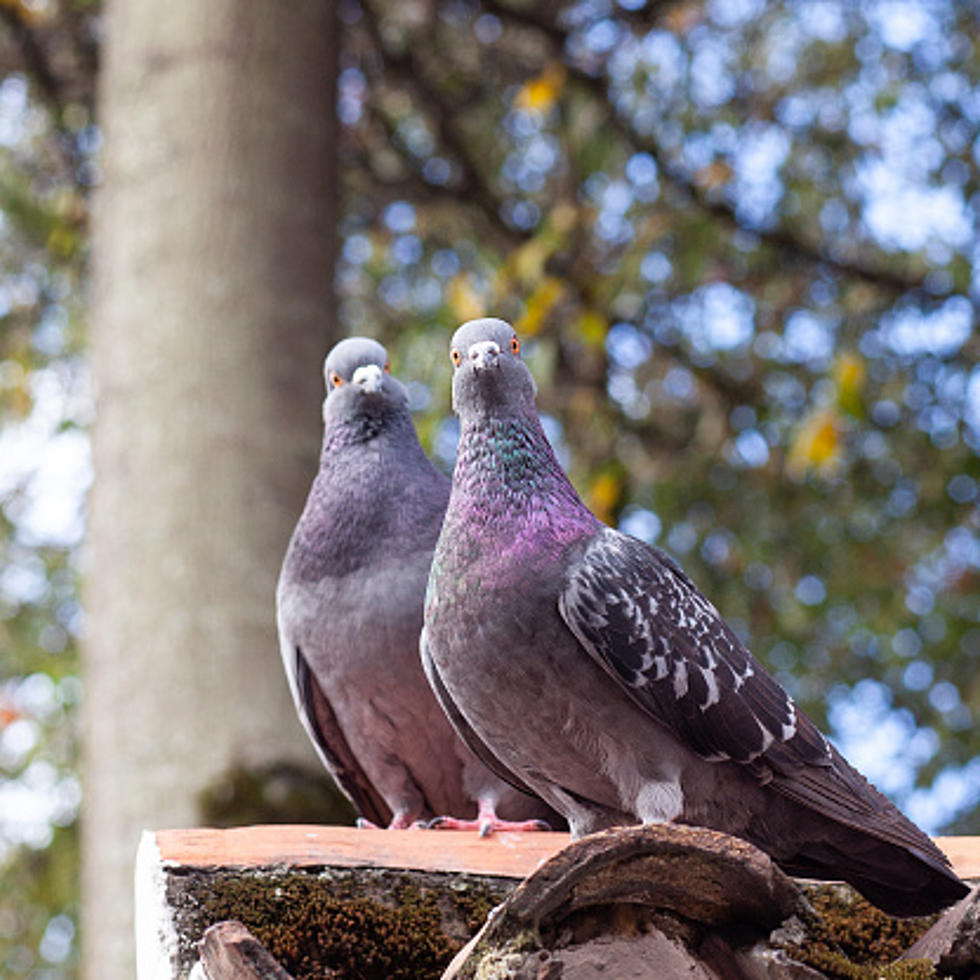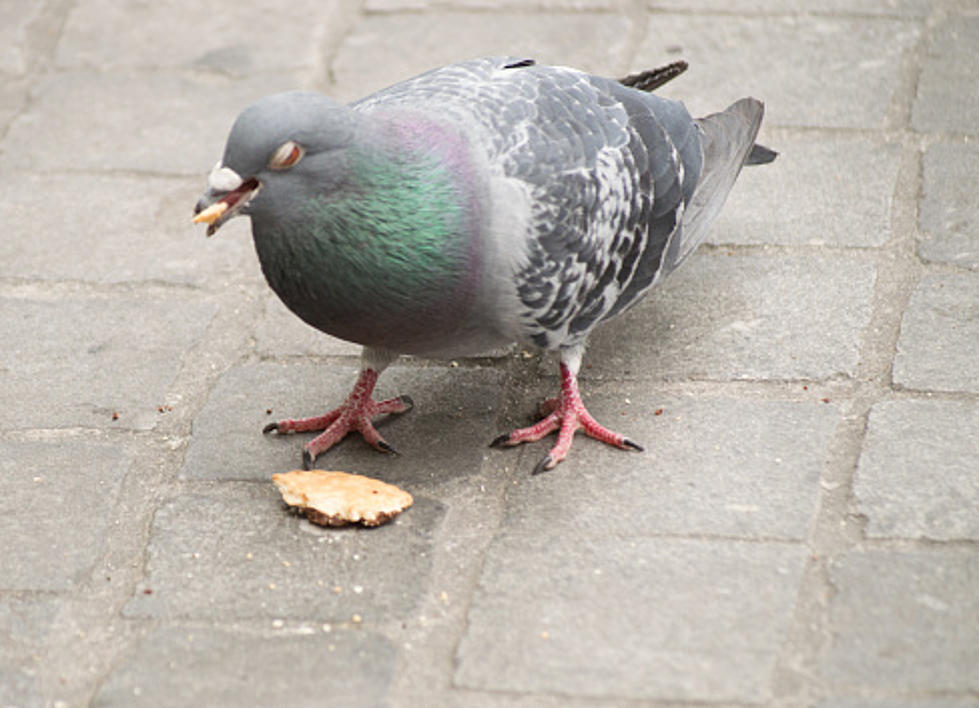
No One Ever Sees Baby Pigeons In Illinois–Wanna Know Why?
Before we begin, I should point out that this piece isn't about humanity's overall hatred of pigeons, also known as "rats with wings," other than to point out that pigeons might be the only creatures that have worse poll numbers than our elected officials.
What haven't we done to get rid of these birds?
We have waged war against pigeons, an essentially harmless enemy that has earned a level of scorn puzzlingly disproportionate to their crimes. Around the world, we’ve criminalized feeding pigeons, shot them, poisoned them, trapped them, zapped them, fed them birth control, and used all manner of repellants—from plastic birds of prey to spike strips—to keep these “rats with wings” off of sidewalks, statues, and buildings.
Mary Poppins References Aside, It's Clearly Established That Most People Hate Pigeons, But The Question Of Why We Never See Baby Pigeons Remains
A member of our staff suggested that the reason we don't see baby pigeons is because other animals eat all of them (we waited to laugh at that until that staff member left the room). If animals ate all the baby pigeons, how do you account for all the adult pigeons you see? Nice try, but that's not the reason.
Another staffer suggested widespread pigeon infertility. Again, how do we have so many adults if there's widespread infertility in the pigeon community?
Also, why do I keep asking these people questions?
The Real Reason Is Actually So Simple That You Have To Wonder Why There's Even A Question As To Why We Don't See Baby Pigeons
And that reason, as explained by LiveScience.com, is this:
Turns out the wriggling baby songbirds are just waiting in their nests until they mature enough to flit about on their own. "I always find it interesting why people wonder about not seeing baby pigeons, but don't wonder the same thing about any other birds," said Marc Devokaitis, public information specialist at the Cornell Lab of Ornithology in New York. "Really the only birds we typically see the babies of are the waterfowl. The reason is simple: Most baby songbirds are in the nest until they are fully feathered and as big as the adults."
LOOK: Here are the states where you are most likely to hit an animal
More From WROK 1440 AM / 96.1 FM









